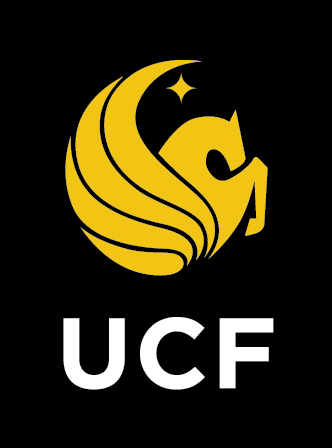|
University of Arkansas-Fort Smith
Course Title: General Psychology
Redesign Coordinator: Karen Stauffacher
Status: This project originated as part of NCAT's FIPSE-funded Roadmap to Redesign (R2R) program, 2003 – 2006. Due to a variety of factors, this project was not completed. The project plan serves as a good example of how to think about redesigning a large-enrollment course.
Project Plan:
The University of Arkansas–Fort Smith (UAFS) plans to redesign its General Psychology course. Over the past five years, the university has transformed itself from a community college to the fifth largest university in Arkansas with a number of emerging four-year bachelor-level programs including one in psychology. Enrollment in General Psychology has increased steadily from 519 students in 1999 to 1222 students in 2003. In the spring and fall semesters of 2004, UAFS offered 32 sections of 40 students each. Two full-time instructors and three adjunct instructors teach the course using a traditional lecture format. A limited number of flexible-option sections are offered: a Web course, a weekend course, and an accelerated, eight-week course. All instructors use a common syllabus.
Class size of 40 students presents a challenge for group work, active learning, and individualized instruction, but increasing pressure to increase class size threatens to reverse gains made in these areas. About 30% of the students in the traditional class receive a failing grade, a "D" grade or drop the course. Success rates in the flexible-option courses are slightly lower, perhaps indicating that UAFS students do not respond well to a totally web-based environment or accelerated time frames.
UAFS plans to use the Replacement Model. The current three hours of lecture per week will be replaced by a one-hour large-group (150 students) overview lecture, a one-hour small-group facilitated recitation activity (25 students), and one-hour spent on online computer-based learning modules. The latter will include interactive software, short video segments, and mastery quizzes and exercises. The university plans to use a classroom response system and provide online capability in both the large lecture hall and small-group sessions. Psychology majors serving as undergraduate teaching assistants will assist with record-keeping, organizing materials and answering routine questions from students using the computer-based learning materials.
The redesigned course will allow students to benefit from the positive aspects of both lecture and web-based courses while still maintaining a reasonable level of student-faculty contact. UAFS anticipates that the learner-centered approach of the small recitation groups and the Web-enhanced course material along with the individualized assistance provided will reduce the DFW rate, improve student learning and increase the excitement of learning course content.
Student learning will be assessed by comparing scores on common departmental pre- and post-tests and on common final examinations collected from four traditional and one redesigned sections during the pilot semester. An essay question, which is part of the final exam, is scored using a common rubric. Similar data will be collected after the full implementation of the redesign and compared to data from offerings of the course from 1999-2004. The team will also use ongoing assessment to direct future modifications and improvements.
The redesign will allow UAFS to increase the number of students served to 1500 over the current 1280. The number of sections will decrease from 32 to 10, and section size will increase from 40 to 150. Reductions in instructor time devoted to lecture presentation and delivery represent the source of greatest savings from the redesign. With the introduction of technology, time required for proctoring tests and grading declines from 55 hours to 52 hours per section per term even though the size of each class section quadruples. Full-time faculty workload will be decreased from 15 credit hours per semester to 14 credit hours per semester. The need for sections staffed by adjunct instructors will be reduced from six to two. The redesign will reduce the cost-per-student from $118 to $77, a 35% decrease. Part of the savings will remain in the department to enable expansion of upper-level course offerings.
|
